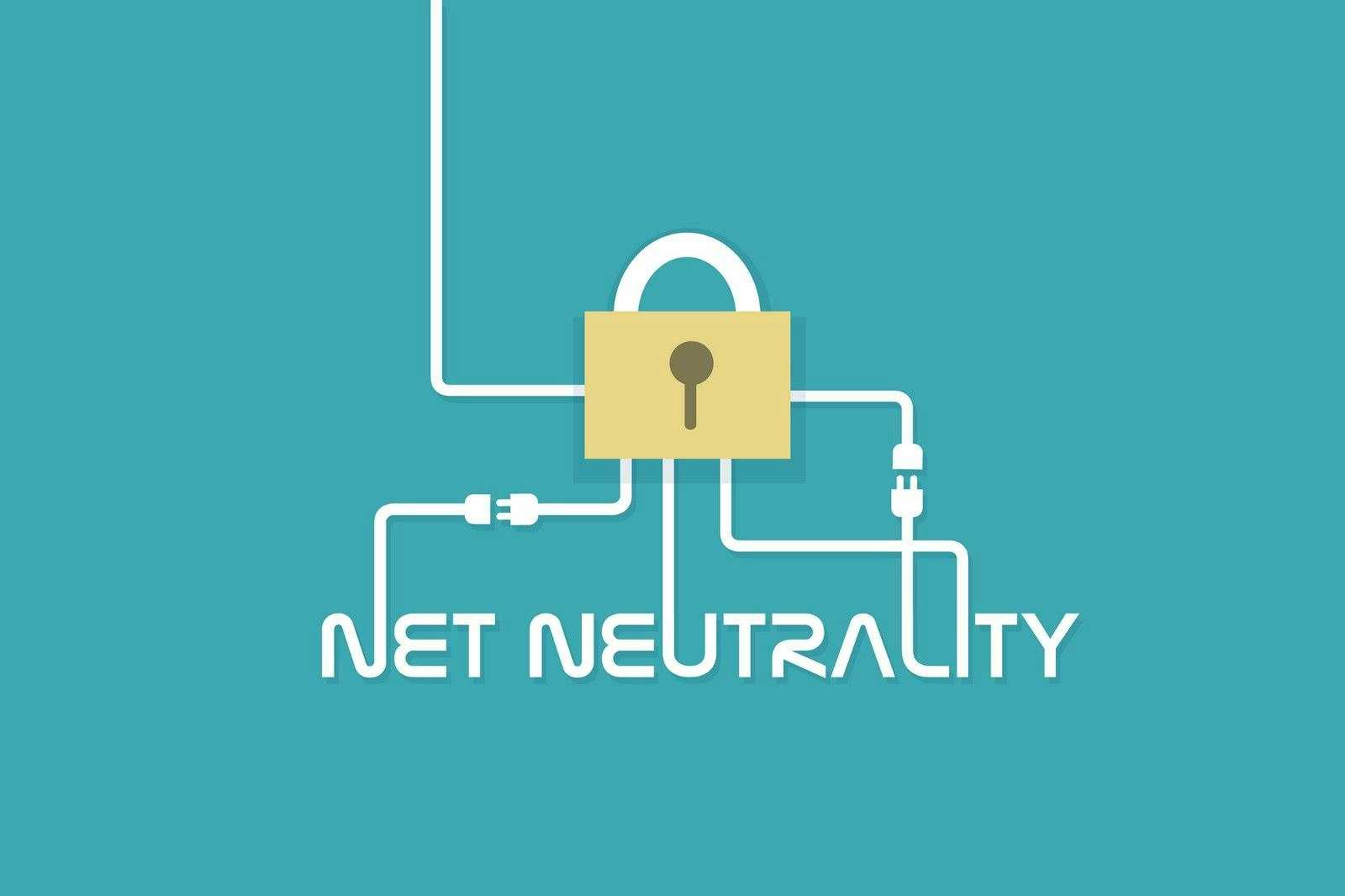Back in April, we published an article about net neutrality, the Federal Communications Commission’s (FCC) Open Internet Order, and the debate and looming court case threatening the internet’s open model. Fast-forward to last Tuesday where we saw a turning point in the debate with the Court of Appeal affirmation that the internet is a utility and must be kept open.
Rewind: the basics
What is net neutrality?
At its core, net neutrality is the principle that Internet Service Providers (ISPs) should provide equal and open access to all websites, without favouring those that pay for higher speeds, or discriminating on the basis of content. This notion governs the way we operate online, and the content we view, at its core ensuring the guarantee of free speech.
Why is it important?
If ISPs were to pander to companies paying more for better access, content and opinions showcased on other websites unable to pay would be redistributed onto a slower strand of internet. This segregation of the internet is what net neutrality aims to avoid. Legislation of the internet is essential to maintaining net neutrality, otherwise ISPs may reject content they dislike, block apps that are competitive, and relegate unpaying content providers to a slower band of internet. The internet as we know it wouldn’t exist if ISPs charged for content and allowed corporations to have priority treatment.
“IT’S LIKE FEDEX. YOU PAY A CERTAIN AMOUNT FOR OVERNIGHT DELIVERY AND A CERTAIN AMOUNT FOR TWO-DAY DELIVERY. YOU COULD END UP WITH SOMETHING LIKE THAT FOR THE INTERNET.”
— Philip Weiser, Dean, University of Colorado Law School
Lead-up to the court case
In early 2015, the FCC passed regulations prohibiting ISPs from blocking or slowing the delivery of internet content to customers. A key aspect of the rules was the declaration that broadband is a utility, like water and electricity, and not a luxury.
The FCC’s intentions were to ensure the internet remains an open platform where ISPs do not control access, benefitting themselves and weakening competitors.
The rules prompted significant debate and a subsequent legal battle as cable, telecom and wireless internet providers attempted to overturn what they said was a set of unfair and damaging regulations that went beyond the FCC’s mandate.
The decision
Last Tuesday, the 2-to-1 ruling from a panel of three judges at the United States Court of Appeals for the District of Columbia Circuit, upheld the FCC’s regulations, defining the internet as a utility. The decision affirmed the government’s position that the internet is as crucial and fundamental as power and water.
“This is an enormous win for consumers. It ensures the right to an open internet with no gatekeepers.”
- Gene Kimmelman, president of the public interest group Public Knowledge
What does it all mean?
The court’s ruling clears the way for further, more rigorous policing of ISPs - it means greater protections for consumers. Proponents of net neutrality are lauding the latest decision, stressing that this was necessary to protect consumers from overbearing corporates. Critics are worried that it arms the FCC with far too much power.
The FCC has categorised ISPs under different rules, and will now begin determining how to regulate them. It has the authority to police the internet market, shaping IPSs’ behaviour and stamping out unfair treatment.
Although this court case has put much of the debate to rest, certain ISPs such as AT&T have vowed to fight the decision vigorously. The saga is certainly not over.
